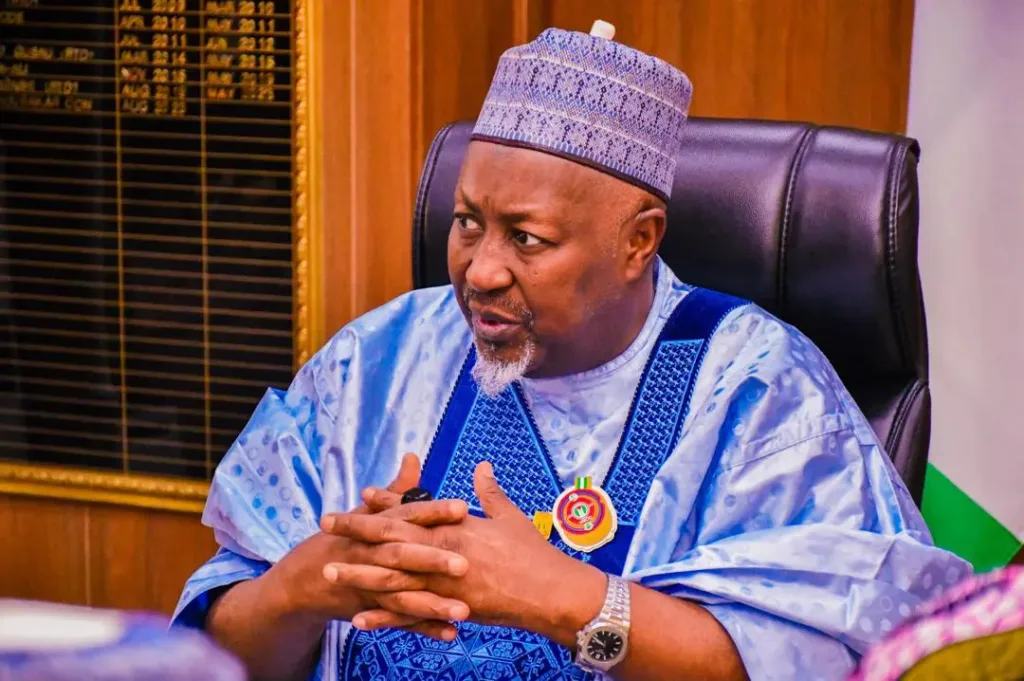Nigeria’s ruling All Progressives Congress (APC) secured a decisive victory in Saturday’s parliamentary by-election for the Garki/Babura federal constituency in Jigawa State, overcoming initial confusion over results at a polling station tied to Defense Minister Mohammed Badaru Abubakar. The win consolidates the party’s influence in a region central to its political leadership.
Abubakar, a former Jigawa governor, cast his vote at Babura Kofar Arewa Primary School’s Polling Unit 002, where the APC garnered 188 votes against the opposition Peoples Democratic Party’s (PDP) 164. Early reports had incorrectly suggested the APC lost the same polling unit due to a mix-up with results from neighboring Polling Unit 001, where the PDP led. Electoral officials clarified the error, attributing it to mislabeling during initial tallies.
The election drew participation from high-profile figures, including Education Minister Suwaiba Ahmad, who joined Abubakar in voting within their home state. Ahmad praised the orderly voting process, telling reporters she remained “optimistic” about APC’s prospects, a confidence mirrored in the party’s landslide victory. Security personnel from the police, civil defense corps, and immigration service monitored voting, underscoring efforts to ensure transparency.
The Independent National Electoral Commission (INEC) confirmed APC candidate Mukhtar Rabiu as the winner late Saturday, awarding him 38,449 votes — nearly triple the 13,519 votes secured by PDP’s Isa Auwalu Manzo. The New Nigeria Peoples Party (NNPP) candidate, Sabo Salisu, trailed with 2,931 votes. Returning Officer Prof. Isma’il Ibrahim declared the results after collation, highlighting the APC’s dominance in the rural constituency.
The by-election was held to fill the vacancy left by lawmaker Isa Dogonyaro, who died in May 2024 after a brief illness. His passing prompted the first major electoral test for the APC in Jigawa since the 2023 general elections, offering insights into voter sentiment ahead of future polls. Observers noted the APC’s ability to retain the seat despite competing against a resurgent PDP reflects ongoing public alignment with President Bola Tinubu’s governing coalition, particularly in northern strongholds.
The outcome is seen as a bellwether for Nigeria’s evolving political landscape, where localized elections increasingly shape national dynamics. With turnout figures yet to be finalized, analysts emphasize the APC’s margin of victory signals resilience in regions critical to its legislative agenda.
